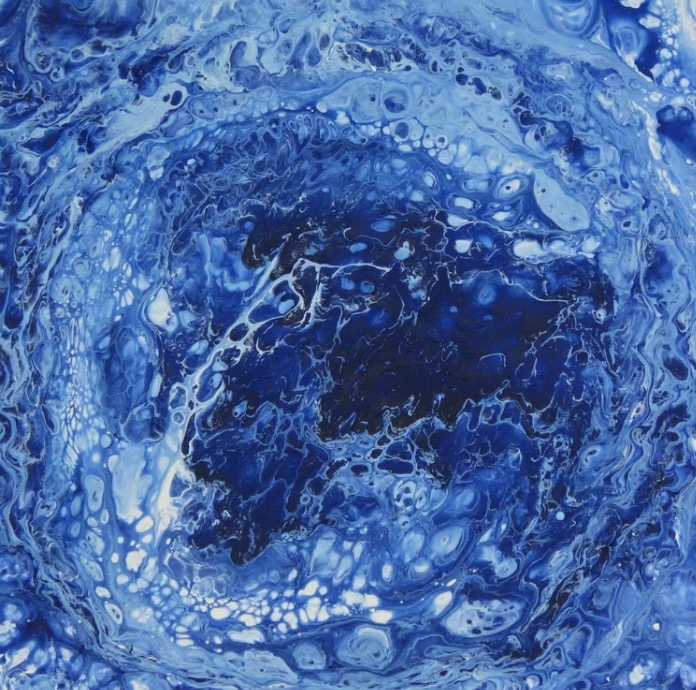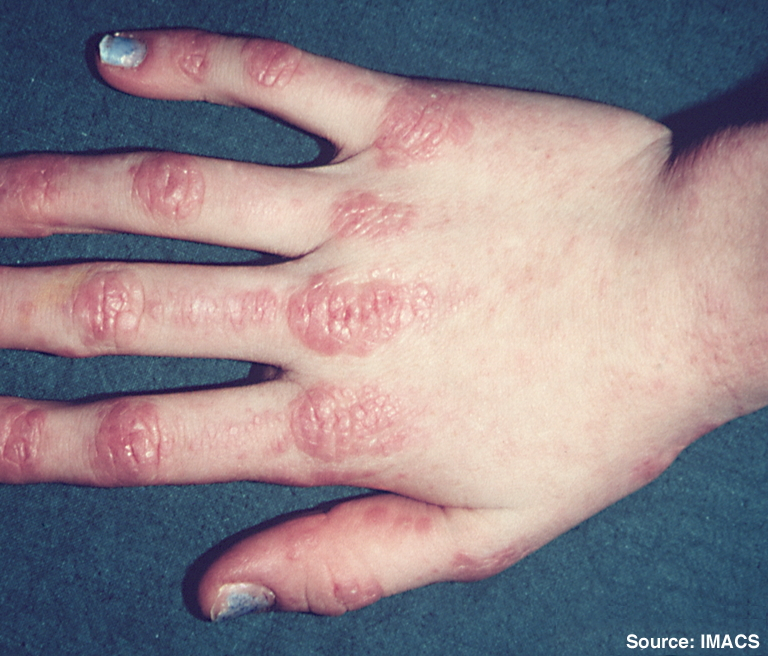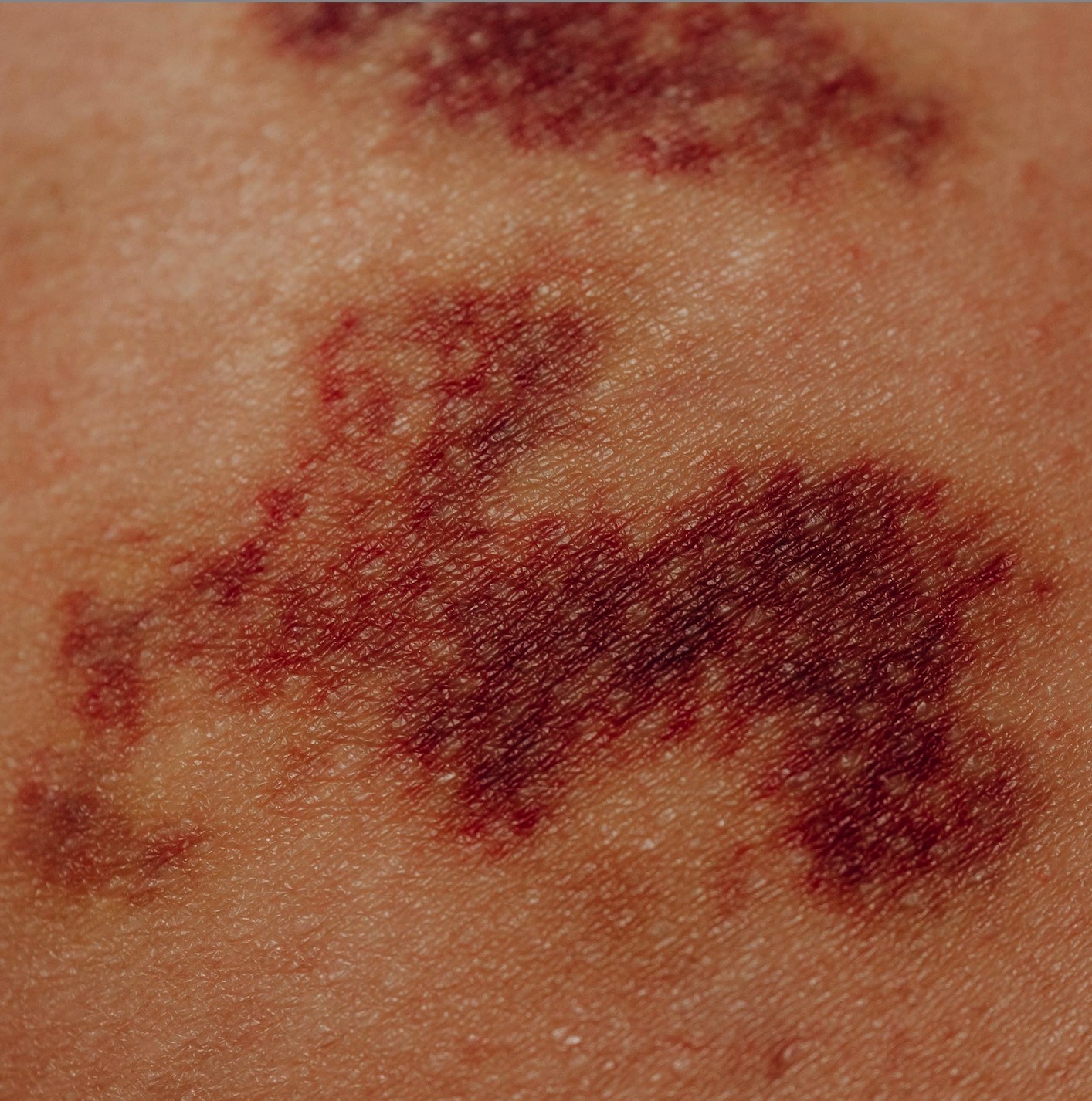Disease activity assessment for juvenile idiopathic arthritis in transitional care
All claims expressed in this article are solely those of the authors and do not necessarily represent those of their affiliated organizations, or those of the publisher, the editors and the reviewers. Any product that may be evaluated in this article or claim that may be made by its manufacturer is not guaranteed or endorsed by the publisher.
Authors
Objective. The indices to measure disease activity of chronic arthritis in adulthood and childhood are different. Therefore, assessing the status of the disease in young patients with juvenile idiopathic arthritis (JIA) can be tricky, especially when the transition to adult care is ongoing. The aim of our study was to assess the level of correlation between adult and juvenile scores in the measurement of disease activity in JIA patients during transitional care.
Methods. We estimated the disease activity by using the Juvenile Arthritis Disease Activity Score 71 (JADAS71), clinical JADAS, adult Disease Activity Score (DAS28), Simplified Disease Activity Index (SDAI), and Clinical Disease Activity Index (CDAI) in JIA patients in transitional care. We enrolled patients older than 16 years at the time of the first transition visit, and disease activity was assessed at baseline and 12 months. Regression analyses were carried out to estimate the level of agreement among the different indices.
Results. We recruited 26 patients with JIA; 11 patients were polyarticular (42.3%) and 15 patients were oligoarticular (53.1%). The mean age at diagnosis was 7.7±3.9 years and the age at the first evaluation was 20.9±3.7 years. The correlation between JADAS71 and DAS28 was r2=0.69, r2=0.86 between JADAS71 and SDAI, and r2=0.81 between JADAS71 and CDAI.
Conclusions. SDAI and JADAS71 showed the best correlation, but a few patients were not captured at the same level of disease activity. New prospective studies with a larger number of patients will be needed in this field.
How to Cite

This work is licensed under a Creative Commons Attribution-NonCommercial 4.0 International License.
PAGEPress has chosen to apply the Creative Commons Attribution NonCommercial 4.0 International License (CC BY-NC 4.0) to all manuscripts to be published.












